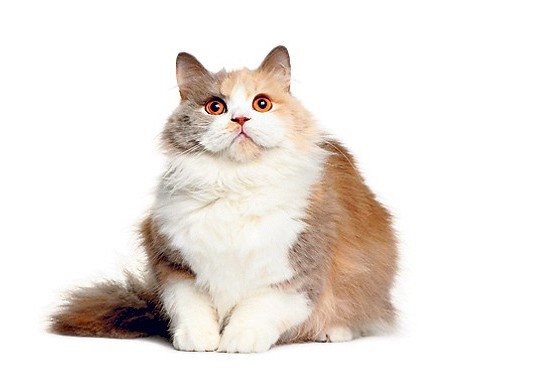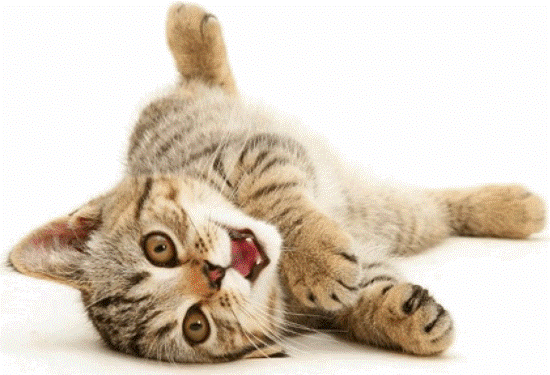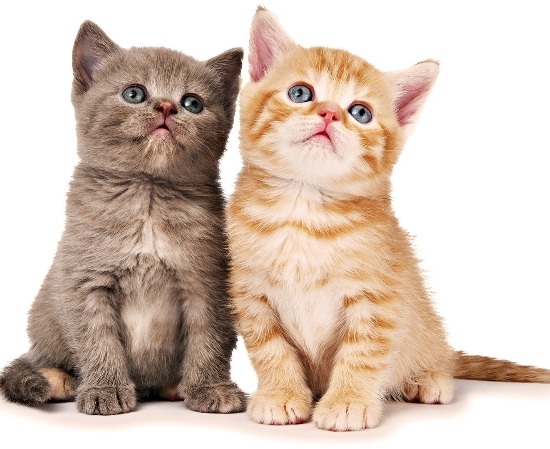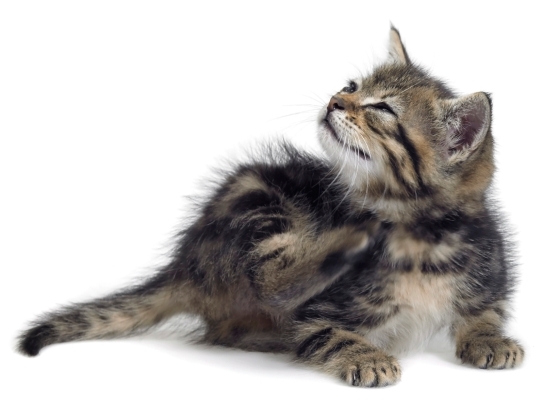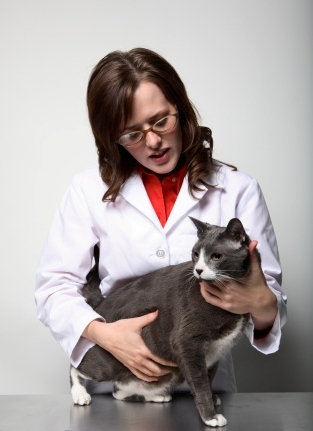 Cats are susceptible to many diseases throughout their lifetime. One of them is diabetes.
Cats are susceptible to many diseases throughout their lifetime. One of them is diabetes.
This is a common disease among cats and is brought about when a cat’s body doesn’t produce enough insulin.
During digestion, the nutrients are broken down into storable compounds. One of these compounds is glucose, a compound that is responsible for the energy we use in everyday life.
Insulin is a hormone that is produced to help the flow of insulin in the body. When insulin is inefficient or not available, the cat’s body starts to break down fat and proteins for an alternative energy source.
As a result, the cat ends up eating more and losing weight. Generally, we all don’t want to lose a beloved through feline diabetes. Here is some comprehensive information on feline diabetes:
Occurrence of feline diabetes
There is no exact cause of the disease. Usually the disease affects male and older obese cats. Although there is no exact cause, conditions such as obesity and some hormonal diseases have been linked to the disease.
Feline diabetes is diagnosed through lab tests, signs, physical examinations and the abnormal presence of sugar in blood and urine that remains persistent. It is important for feline diabetes to be caught early to enable the early onset of treatment.
When treatment is delayed, many factors of your cat’s life are affected. First, their longevity is decreased. They may develop a condition called ketoacidosis which is shown by the symptoms that include lethargy, vomiting, breathing difficulties, diarrhea and weakness. This condition can be fatal if left untreated.
In addition, cats may develop secondary bacterial infections, liver diseases, an unhealthy coat color and even a disease called neuropathy which will affect the activeness of the cat.
Once a cat has been diagnosed with feline diabetes, their treatment is determined by the rigorousness of the disease. Cats with secondary diseases such as the ketoacidosis need to be attended to promptly.
The intensive care includes fluid therapy and insulin injections. For the cats with less severe cases of feline diabetes, your vet may prescribe oral medication or oral injections, complemented by dietary changes.
Cats as an individual will respond differently to treatments. Your cat might not respond well to insulin injections while it responds well to the oral medication. Some cats might require insulin injections for the rest of their lives while your cat requires it for a short time. Your vet will find a treatment that is best suited to your cat to ensure it lives long and healthy.



